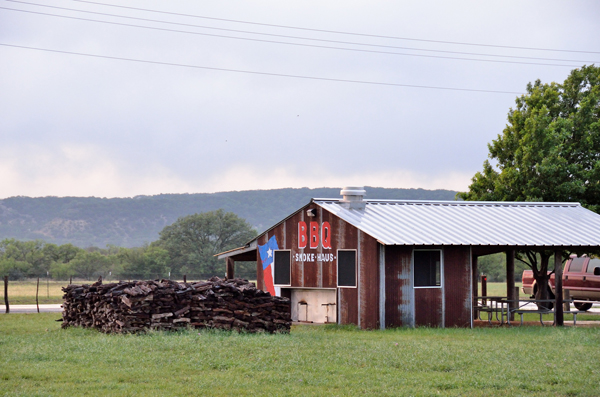- La Feria Community Holds Succesful Business Mixer Event
- Little Nashville to Take Place in Downtown Mercedes
- Lions Basketball Captures District Gold
- La Feria ISD Students Compete in Regional Chess Tournament
- Lions End First Half of 32-4A on a High Note
- La Feria ISD Held Another Successful Parent Conference
- Strong Appearance for Lions at Hidalgo Power Meet
- LFECHS Students Get to Meet Local Actress
- Students Participate in Marine Biology Camp
- Two LFECHS Students Qualify for All-State Band
Dry, Seasoned Wood Means Best Blazes for Heating Home
- Updated: January 16, 2015
by John Michaelson/TNS
AUSTIN, Texas – Burning a cleaner fire in that woodstove or fireplace during the winter months is helpful to the health of residents across the state – and also to the state’s climate, according to the Environmental Protection Agency.
A good way to burn the hottest and most efficient fire is to use only dry, seasoned wood, said Alison Davis, senior adviser in the EPA’s Office of Air Quality Planning and Standards.
“The reason that this is important is that dry wood burns more completely,” she said, “and that benefits you in two ways: One, you get more energy out of the firewood because it burns more of the actual wood itself, and the other is the fire then produces less smoke.”

Wood smoke may be necessary for great Texas barbecue, but not so much for home fireplaces and wood stoves. Burning a less smoky, more efficient fire is better for human health and reduces air pollution. Photo: TimothyJ/Flickr.
It’s also suggested that to maintain proper airflow and efficiency, people should regularly remove the ashes from wood-burning stoves or fireplaces.
Wood smoke produces fine particle pollution, Davis said, which can be harmful to human health.
“When you breathe in air that has fine particles in it, it can penetrate deep into the lungs where it can harm the heart, the blood vessels and the lungs,” she said. “Fine particles are linked to heart attacks, strokes.”
In addition, there’s also the danger of smoke filled with toxins or harmful chemicals if certain materials end up in the fire. The EPA advises never burning such items as plastics, foam and other garbage, or wood that’s been coated, painted or pressure-treated.
More information is online at epa.gov.


